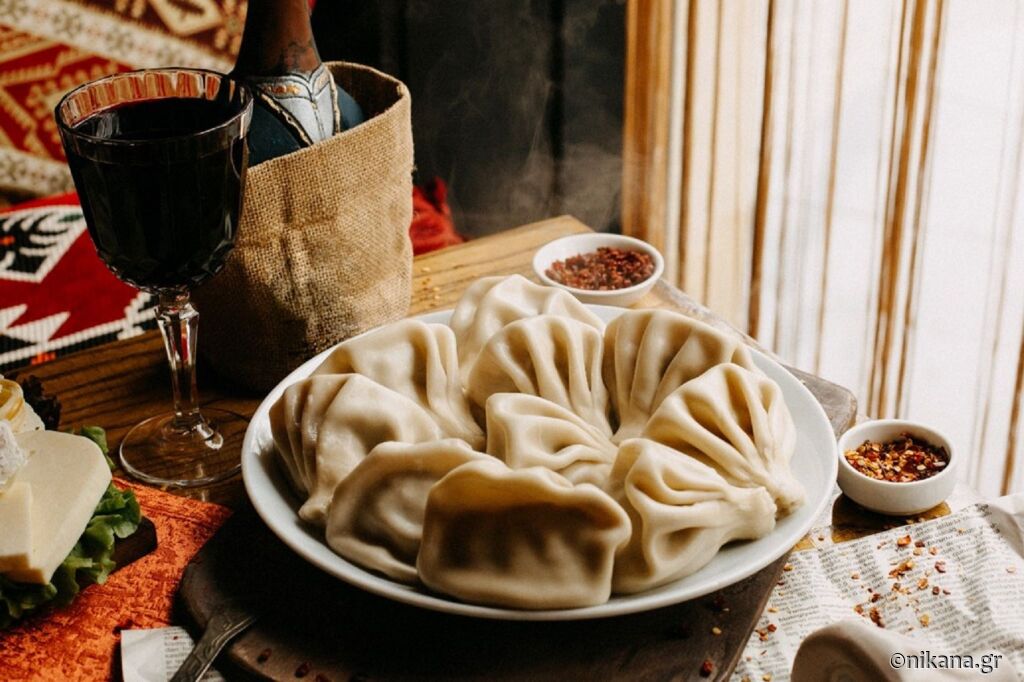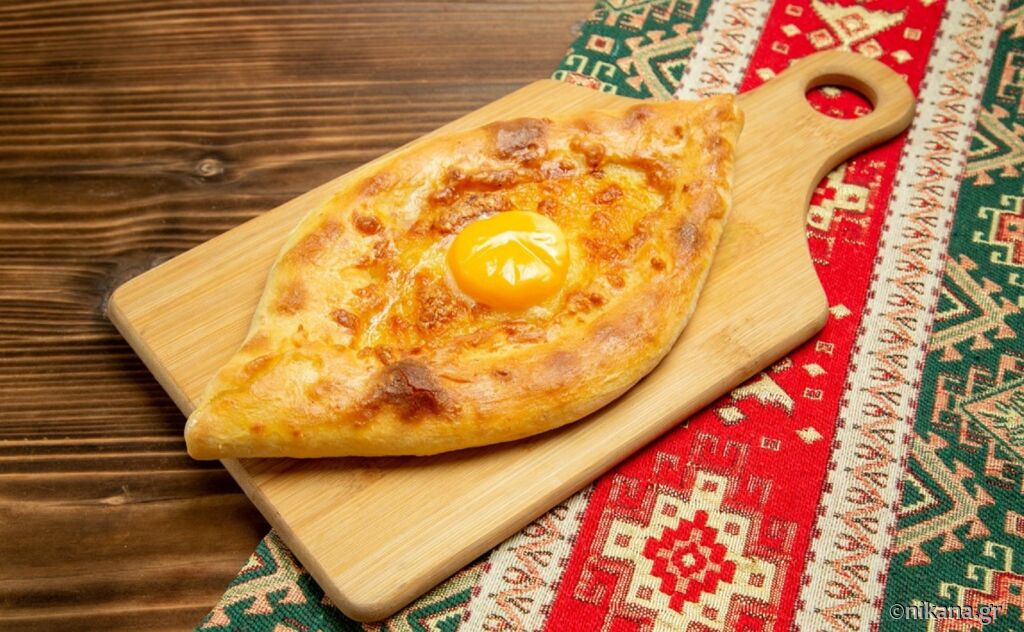Pontians in Greece – Who Are They and What Role Do They Play in Tourism?
Through many years of collaboration with over 3000 accommodation owners in Greece, we have noticed that many of them are not originally from the places where they rent properties. Tourist destinations have developed rapidly, and villas, apartments, and hotels were built by investors from other parts of Greece, recognizing the potential of the coast.
While getting to know numerous accommodation owners through our work, we learned to recognize the distinct accent of the so-called Pontic Greeks, who are particularly abundant in northern Greece. Their story intrigued us as it bears many similarities to the history of Balkan peoples.
Pontic Greeks: A Culinary Encounter
Our interaction with Pontic Greeks was not only through tourism but also through gastronomy. At the end of the summer season, our colleagues from Georgia, who had moved to Halkidiki, took us to lunch at a restaurant in Hanioti, where we tasted some of their traditional dishes for the first time.
They asked us what we liked to eat and offered to take us for fish or to a famous restaurant in town. However, we wanted to experience authentic food that they themselves enjoy, so we asked them to take us to Georgian specialties.
Although there is no exclusively Georgian restaurant in Hanioti, a few taverns run by Pontic Greeks from Georgia offer dishes from this country. That’s how we discovered Vouno Thalassa (translated as “Mountain and Sea”) – a tavern that combines Greek and Pontic cuisine.
We tried khinkali – dumplings filled with meat, similar to Chinese dumplings or Turkish mantı, khachapuri – bread with cheese in the shape of a boat, similar to Turkish pide or Macedonian pastrmajlija, and Georgian salad, which resembles Greek salad in its composition. We also ordered tirosalata – a cheese sauce that is extremely delicious and reminiscent of our spicy cheese spread.
Another place where you can taste good khachapuri is at Amano pizzeria in the center of Hanioti.
It is important to note that fresh cilantro is often used in the Georgian cuisine of the Pontic Greeks, a herb not so prevalent in our culinary heritage. If you are not a fan of this spice due to its strong, distinct taste, it is best to request that it not be added to your dish.
Who are the Pontic Greeks?
The name originates from the Greek term for the Black Sea: Εύξεινος Πόντος (Eúxinos Póntos), meaning “Hospitable Sea,” or simply Pontos (ὁ Πόντος), as mentioned in Aeschylus’ Persians (472 BCE) and in Herodotus’ Histories (around 440 BCE).
The Pontic Greeks are descendants of ancient Greeks who lived for centuries (from the Archaic period) in the region of Pontus, on the coast of the Black Sea in present-day Turkey. Their community survived for centuries, despite various rule changes and historical shifts.
However, in the first half of the 20th century, they experienced persecution, suffering, and forced displacement from Turkey.
The largest wave of migration occurred after the population exchange between Greece and Turkey in 1923 when hundreds of thousands of Pontic Greeks were forced to leave their homeland. Many emigrated to the Soviet Union, while a smaller number relocated to Greece.
After the dissolution of the USSR during the 1980s and 1990s, Greece invited their descendants to return to their homeland. Around 100,000–150,000 Pontic Greeks settled in Greece, mostly in Thessaloniki, Athens, and Halkidiki.
Pontic Greeks Today
Today, Pontic Greeks are an important part of Greek society and economy, especially in the northern part of the country. Many are involved in agriculture and tourism, and they are also known for their culinary skills.
As a result, in northern Greece, you can find restaurants with strong Pontic and Georgian influences, serving dishes that combine the flavors of these two traditions.
Georgian and Pontic Greek Restaurants in Thessaloniki
Restaurant “Loupino” – this restaurant offers a fusion of Greek and Georgian cuisine with a modern approach to traditional dishes.
Address: Konstantinou Karamanli 2, Kordelio
Restaurant “Ouzou Melathron” – known for its pleasant atmosphere and a wide selection of traditional Greek and Georgian specialties.
Address: Karaoli & Dimitriou 257 B
Restaurant “Diavasi” – specializing in Greek gyros and souvlaki but also offering Georgian specialties such as khinkali (meat dumplings) and khachapuri (cheese bread).
Address: P. Mela 13, Thessaloniki
Restaurant “Ladi kai Rigani” – serving traditional Greek dishes with Georgian influence, including various pies and grills.
Address: Corner of Ermou and Aristotelous 20, Thessaloniki
Restaurant “Alazani” – This restaurant exclusively offers Georgian cuisine of the Pontic Greeks. Located in the area of Evosmos, around 7-8 km from the center of Thessaloniki.
Address: Perikleous 35, Evosmos, Thessaloniki
Pontic Greeks have left a lasting mark in northern Greece, not only through history but also through tourism, culture, and gastronomy. Their food and hospitality represent an intriguing blend of Greek and Caucasian influences, so if your travels take you to Halkidiki or Thessaloniki, do not miss the opportunity to try some of the authentic dishes inspired by their heritage!
We are always here to help you explore Greece! Follow us for the latest information, useful tips and authentic experiences to spend an unforgettable vacation in Greece!
We offer over 3,000 accommodations. Choose the right one for you and your family HERE.
Follow us on social networks where we regularly share exclusive offers, discounts and special arrangements for vacations in Greece as well as information, advice and useful news.
Facebook:Nikana.gr
Instagram: @nikana.gr
Tiktok: nikana.gr
Facebook grupa: Live from Greece
YouTube kanal @NikanaTravel
Write to us at e-mail: nikana@nikana.gr
Our site nikana.gr is the leading source of information about Greece.









Post a Comment
NOTE
All your questions in the comments will receive an answer via email so check your inbox shortly after you posted comment. For more detailed questions and responses, contact us via mail nikana@nikana.gr.